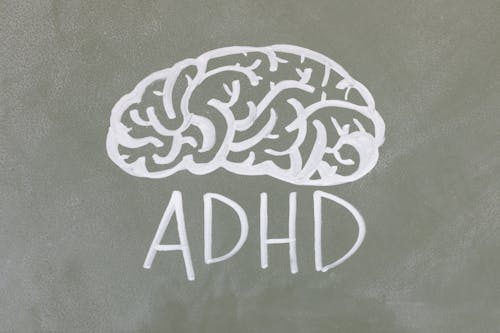Many people all over the world are struggling with mental illnesses, but they don’t even know the health problems that they are facing. In this post, you will learn some of the signs that show that someone has a mental health problem.

Unstable sleep patterns
Someone dealing with a mental health problem will have changes in their sleep pattern. They might struggle with insomnia, where they find it difficult to get enough sleep.
Alternatively, they may experience hypersomnia somnolence, where they sleep too much. In both cases, they end up feeling fatigued.
Weight changes
Another sign of mental health problem is when there are drastic changes in your weight. Some people might experience weight loss or weight gain, which might either be rapid or fluctuating.
Isolation
If you discover that you’ve lost interest in being around people, it is a sign of mental health problem. When someone continues to isolate themselves, it might mean that they are struggling with mental health disorders like bipolar disorder, depression, etc.
Similarly, the constant refusal to participate in different social activities could be an indicator of a mental illness.
Noticeable behavioral changes
When a mental health problem is the picture, friends and families of the individual might begin to notice some changes in the behavior of their loved ones.
These behavioral changes might not be what they are used to, and they are happening because a mental illness is the root cause.
Mood swings
Our moods are mostly dependent on what is happening around us. A good sign that a mental health problem is occurring is when an individual constantly experiences dramatic mood swings.
This means that they can be unhappy or angry one minute, and can switch to being happy and energetic the next minute.
When you notice that you’re experiencing any of these signs, or you know someone who might be dealing with a mental illness, it is best to encourage them to seek help. They can see a mental health counselor to help them navigate this rough path.